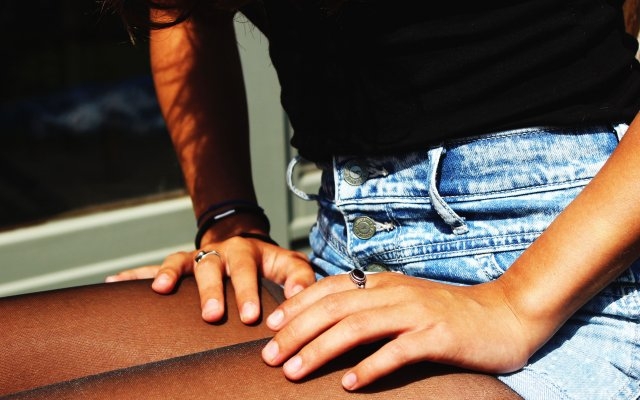4 Natural remedies for an overactive bladder

An overactive bladder (OAB) might cause uncomfortable symptoms such as:
The very frequent urge to urinate
The inability to hold urine
Leakage/ loss of bladder control (incontinence)
The need to urinate throughout the night
Despite most people’s ability to control these symptoms enough to avoid urinating in inopportune situations, OAB is nonetheless a very disruptive and uncomfortable condition.
To help you deal with these aforementioned troubles, here are five natural remedies for your pea-sized bladder.
Scheduled urination
Log your daily urinary habits to figure out how often you go the bathroom each day. If, for instance, you go about every hour, try extending your gaps to an hour and a half and log your progress. Increase your time when you can successfully accomplish your previous goal time.
Buchu (Barosma betulina)
This herbal supplement, a South African remedy harvested from dried leaves of a plant species called barosma, is used to treat a number of other ailments including (but not limited to) kidney and urinary bladder infections, cholera, gout, and bruises. A 2013 review in the journal Reviews in Urology says this treatment shows promise but needs more study to confirm its efficacy. You can find capsules of it at places at retailers.
Biofeedback
This is a form of therapy in which electrodes are attached to the skin to monitor breathing rate, blood pressure, heart rate and other bodily functions as you attempt to regulate muscle tightening. Usually, patients start to see improvement with regulation within 10 sessions or fewer.
Kegels
Pelvic floor (or Kegel) exercises can help strengthen muscles that regulate urine flow. To perform a Kegel, squeeze the muscles you would normally squeeze to stop your flow for three seconds, and then relax for three seconds. Repeat this contraction anywhere between ten to 15 times per day.
Before you try any of these remedies and methods, consult with your doctor to make sure that they are safe for you.
Source: WomenWorking
Source: Elikem Adiku
Trending News

President declares 3-day mourning in honour of late former First Lady
21:03
Hypertension: Orthodox medicines 'way better' than herbal alternatives, says Dr Ahimah Nunoo
00:57
GA/R: Okponglo residents stage protest over alleged land takeover
08:57
NPP bans executives and MPs from endorsing presidential aspirants ahead of 2026 primary
10:14
Minority Caucus demands urgent gov't action on Volta Lake Transport safety
09:22
Ghana needs a determined leader to end poverty through education, and I fit that role – Dr Adutwum
08:46
Former Chief Justice sues to halt vetting and appointment of Baffoe-Bonnie as Chief Justice
15:16
Our welfare remains supreme under Dr Adutwum’s leadership — Yaw Opoku Mensah
18:16
UE/R: GES commiserates with Garu D/A Basic School over tragic shooting incident, temporarily closes down school
23:53
Sir Sam Jonah and Prof. Pikay Richardson collaborate on groundbreaking book: “Mastering Leadership, Principles, Practices and Lessons”
08:18



